2 Reasons why using A CV/Resume Is Rather Killing your Industry Job Search: Engineering PhDs now use the Job Search Thesis to Get Hilariously High-Paying Jobs.
By Fabrice Abunde (ScientistMBA, PhD)
If you were an industry recruiter and have these two job candidates who both hold an Engineering PhD degree, which of them will you want to hire?
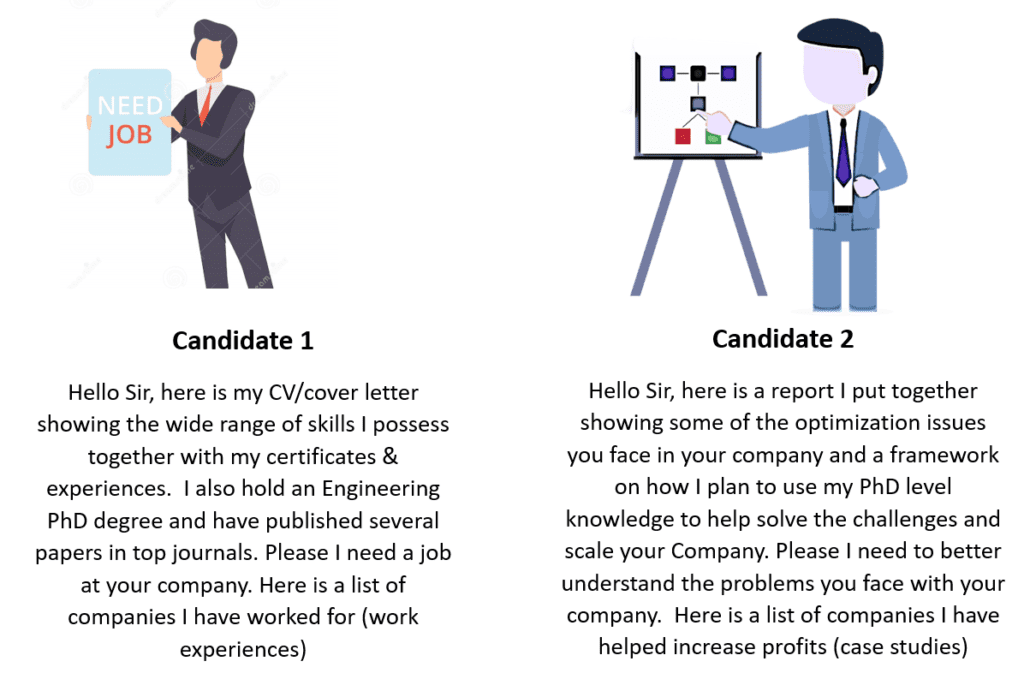
Candidate 2, I presume. That’s what I am talking about. This explains why most Engineering PhDs find it difficult getting an industry job, talk less of a high-paying industry job.
87.8% of Engineering PhDs face difficulties getting Industry Jobs
Recently, I had a chance to work with Emmanuel Yeboah, an Engineering PhD from Ghana who did not only have good grades from school but had also published several scientific papers.
He had sent his CV and cover letter to several job openings but always never got a response.
The few times he got a response, it was a rejection saying there were other candidates better than him.
So, he called me for help with two things: how to write a killer CV and a Cover letter. I smiled because most other Engineering PhD Graduates who can't get a job always call me for a similar request.
They usually assume that I am going to help them tweak their CV and cover letter or provide a better format, which will make recruiters hire them.
Now here is the thing… Only 12.2% of Engineering PhDs secure employment in academic faculty positions by their graduation date.
Alternatively, when they try to leave academia and transition into an industry job, they either get trapped into routine industrial activities where they can’t feel the real impact of their engineering degree, or they get rejected from job offers claiming they are overqualified/underqualified for the job.
This is even worse in most developing countries as most Engineering PhDs are increasing reported to be unemployed or underpaid.
Who is this Article For?
If you’re reading this article, there’s a good chance that you hold an Engineering PhD degree, and you’re unemployed, underpaid, or unsatisfied with the working conditions at your university or industry job.
You’ve sent out several CVs to job applications but either get a rejection, no response or hear that you are overqualified or underqualified for the job. When you get a job offer, the pay package (salary) is so low.
I want you to know I’ve been where you are now and felt all the frustrations you feel. I have written this article just for you, to show you why using a CV/Resume to search for opportunities is rather killing your industry job search as an Engineering PhD.
Whether you’re: (1) a recent Engineering PhD Graduate with no work experience searching for a high-paying industry job; (2) An Engineering PhD Professional wanting to turn your routine and low paying industry job into a high-paying consultancy firm; or (3) An Engineering PhD Entrepreneur without any VC backed funding wanting to launch or scale a company around your research discovery, this article is for you.
It’s not your fault that you can’t get a high-paying industry job where you can feel the true value of your Engineering PhD degree. You can’t bring down your engineering standards just to settle for low paying academic positions because the industry job market is hostile.
The problem is that mainstream media tells us that to apply for a job, you need a CV and a Cover letter, but it never tells us that a CV will only land you low/average pay jobs. Most at times these jobs are routine jobs where you execute same tasks as bachelor and masters’ graduates. As an Engineering PhD, you should be able to get a job where you can earn between 200k to $1M per year.
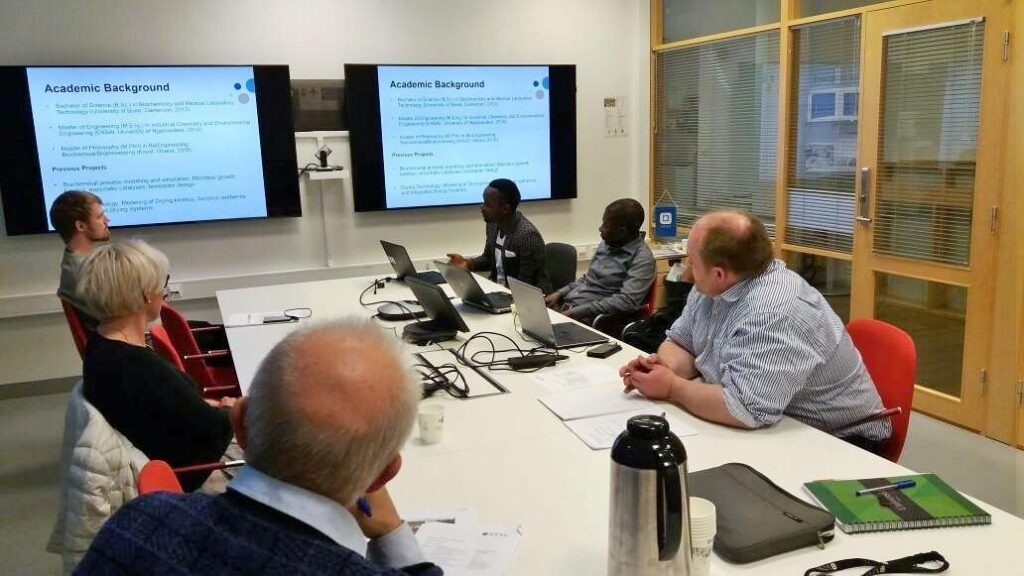

The Big Idea about using CVs/Resume
First, here’s the truth … you can get a high-ticket industry job where you earn between $200k to $1M per year while enjoying a flexible work schedule and feeling fulfilled because you apply your PhD level knowledge or research discovery to help companies scale to significant profits.
However, using A CV/Resume will never land you this kind of job. On the contrary, using a CV/Resume is rather killing your job search.
The big idea is this… Engineering PhDs end up unemployed, underpaid or trapped in routine average pay industry jobs not because they aren’t good at what they do, but because they use the wrong approach and assets to search & apply for jobs.
As an Engineering PhD you can’t search & apply for an industry job the same way regular job candidates do. Getting a highly paid (high-ticket) industry job as an Engineering PhD holder is not about having the best CV/Resume and cover letter, but about having a Job Search Thesis that will differentiate you from other candidates in the job market and help recruiters see you as a partner in growth and not simply a candidate searching for a job and salary to survive.
How I Discovered the Job Search Thesis


For those of you who don’t know me, my name is Fabrice Abunde (PhD), an Engineering PhD like you. A few years ago, I wanted to get a highly paid industry job, where I can apply my PhD engineering skills and/or research discovery to solve practical business/industry challenges.
I looked everywhere for a strategy on how to do this, but I found nothing other than a few books & articles on CV writing, cover letters, interviewing, job search, etc., which could only land me average pay routine jobs, where I do the same work as Bachelor and Master’s degree holders.
I decided to take matters into my own hands and run a series of experiments to find the best strategies that could help an engineering PhD like me earn tens of millions by translating my academic knowledge into industry financials. Then I discovered the Job Search Thesis, which I can use to access high-ticket industry jobs and show recruiters how my Engineering PhD can help their company scale.
My strategy worked so well, that I now earn 4 times the pay of average Engineering PhDs by working with different companies to help them scale. First, within 3 months working with a water Tech Group, I brought in over $100k. I went on to scale 2 other companies within 12 months: one in the developed world to over $1M in Annual Recurrent Revenue and one in developing world to over $250k all while being hilariously profitable.
Why a CV/Resume is killing your Job Industry Job Search
I know by now, you would be wondering, how the job search thesis works. Now let me show you. First, I will look at the old method of applying for jobs before I show you the new approach. Ready for it??, let’s go…
Old Method
In the old method of preparing a job application package, you prepare a CV and Cover Letter, based on your academic certificates, your skill set, previous work experience and information you get from the job posting.
Old Result
When you submit your application, you either get no response or when you get a response you get a negative response either saying you are overqualified or that they got other job candidates with a better profile than yours.
Remember every other candidate is using the same CV and cover letter to apply for the job so nothing differentiates you as and Engineering PhD.
New Method:
In the new method, you organize your skills, knowledge, and job market information to prepare a Job Search Thesis, which includes a Framework that illustrates to the recruiter how you plan to solve a specific company problem they are facing in their company.
So, unlike basing your application package on your generic skills, previous experience and job posting, you base it on a framework, which you can use to solve a specific burning problem that will help the company scale.
This is where your research discovery can come in if the problem the company is facing can be directly solved by your research discovery or indirectly by concepts derived from your research work.
New Result
When you submit such an application to a recruiter, not only do you command respect, but you also differentiate yourself from thousands of other candidates.
Bottomline
Firstly, generic skills and knowledge you acquire from academia or previous work experiences are not enough to earn you 200k to 1M per year.
High earners are those who skilfully organize and intelligently direct their knowledge to build a framework that solves a specific industry problem.
When you use a CV and cover letter showing your work experiences and why you are interested in the job, you appear as every other job candidate.
Again, CVs and Cover letters are job search tools, which just shows you are needy and of course brings down your value as an Engineering PhD.
But when you rather use problem solving tools such as a Job Search Thesis and a Framework, showing how you plan to solve a specific problem, you appear as an expert consultant rather willing to add than take value.
You need to understand that people (recruiters) generally don’t care how much you know until they know how much you care. Using a CV only talks about yourself but using a job search thesis focuses more on the recruiters’ problems and a little about yourself.
Also, work experiences you present in your resume indicates that you were just executing tasks in your previous job but using Case Studies in your Job Search Thesis shows that you did not just execute tasks, but you brought results to the companies you worked with.
For instance, a work experience in your resume might say:
I was running daily and weekly experiments for the company using various engineering and management principles.
But a case study in your Job Search Thesis will say:
I brought in a new management strategy for running experiments that helped the company increase profits by 20%. This is the same management strategy I want to apply to solve xyz problem in your company.
5-Steps to Build and Use a Job Search Thesis
You can’t just tell a recruiter that you are a good candidate and that they should hire you and pay you $500k or $1M per year just using a CV and a Cover letter. So, your academic knowledge, skill and experiences presented in your CV is not enough to command such high salaries.
For you to become a million-dollar producer, you need to skilfully organize and intelligently direct your academic knowledge, skill and experiences to build a framework that solves a specific industry problem and a thesis to convince recruiters, why they should believe in your framework.
A Job Search Thesis (also, known as Job Search Whitepaper) is a persuasive, authoritative, in-depth report on a specific industry segment that presents a problem they face and provides a solution framework on how the problem can be solved.
- Remember how you will convince an examination panel (and an entire graduate school) into awarding you an Engineering PhD degree? What do you do? You prepare a Graduate Thesis. You define a problem, conduct literature review, define a methodology, conduct research, and write an entire thesis. Then you do a convincing power point presentation before you go Infront of a panel.
- Similarly, remember how you’ll convince a reviewer in a top journal to accept your research idea for publication? Again, you prepare a thesis (Research Paper) in which you define a problem, conduct literature review, define a methodology, conduct research, and write an entire research paper. Then you do a convincing cover letter presentation before you submit your paper for review.
So, the thesis framework is a proven framework that has worked for centuries, and we are now just using the framework to convince a recruiter into believing you are worth $200k to $1M per year.
Now, Figure 1 shows the steps you need to go through to prepare and use a Job Search Whitepaper to get a high-paying industry job.
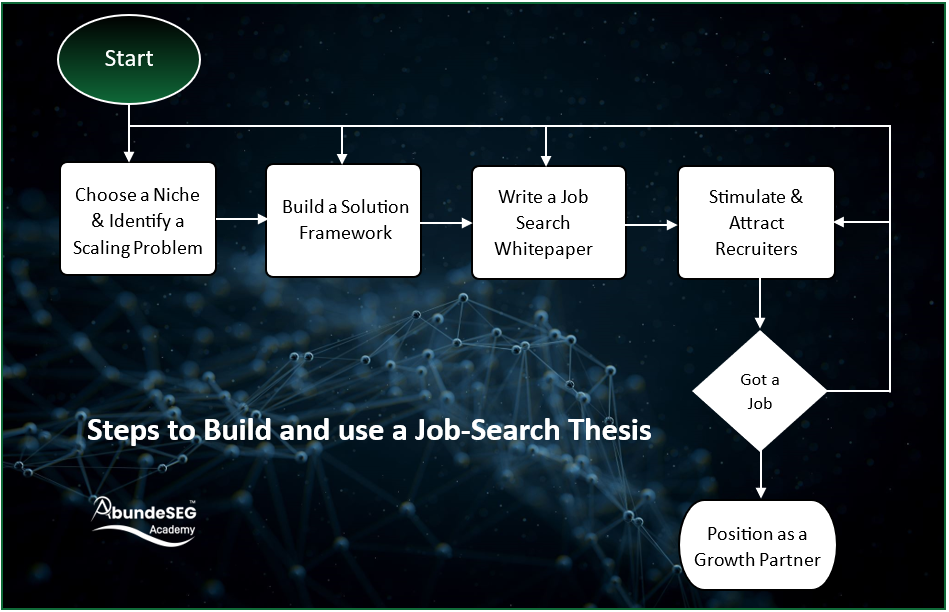

- Search for a Problem: Choose an industry segment and identify a problem that is preventing them from scaling.
- Build a Solution Framework: Skilfully organize and intelligently direct your skills, knowledge, or experience to build a framework for solving the problem.
- Write out the Job search whitepaper illustrating how your framework works and record a video version.
- Use elements from your Job search thesis to Stimulate and Attract Recruiters to book an appointment and request working with you.
- Position yourself as a Growth Partner: Position yourself as a growth partner by visually showing recruiters how the Framework in your Job Search Thesis will help them scale & grow their company.
In summary if you want to get a high paying job, your academic knowledge is not enough to make you a million-dollar producer. If knowledge was enough, then all your university professors who taught you would have been millionaires. But professors rather are underpaid.
For you to become a million-dollar producer, you need to skilfully organize and intelligently direct your academic knowledge to build a framework that solves a specific industry problem and a thesis to convince recruiters, why they should believe in your framework.
How to Get Started
There are a couple of ways you can achieve this…
Option 1: You do it yourself.
Option one is to follow the 5 steps to getting a high-ticket job by yourself and take the time to learn everything I have shown you. However:
- You will find it difficult to identify the right industry problem, which when solved will help the company scale to the millions. If the problem is wrongly identified, all the other steps will be irrelevant.
- It will take you so much time and many trials and errors to be able to organize your academic knowledge to build a framework and a job search thesis that clearly illustrates how you can solve the problem. This might end up frustrating you to giving up and returning to your old ways.
I know as engineering PhDs we are tough and can easily learn things faster. But if you try to research online, you’ll only find snippets of information. You can’t find a cohesive body of knowledge that can help you achieve this.
This means you might have to devote months or even years of research to be able to figure out everything by yourself. So, it’s possible trying to do it yourself but it will be painful, costly and time consuming.
Now because you have read this article up to this point, I know you are an Engineering PhD who really wants to succeed. So, I will provide you two other options to help you get started.
Option 2: Watch full training video here and take a quiz.
I have prepared a 2-hour free training video for you on how Engineering PhDs can use the Job Search Thesis to get jobs that pay 200k to 1M per year. The Job search thesis is part of my proprietary OptimScale Job Search Methodology exclusive for Engineering PhDs.
Option 3: Book a Free Industry Strategy Call here and talk to a Growth Specialist
On this call, I will help you figure out where you are now in terms of your industry job search and the steps you need to take to get a high-ticket industry job where you earn between $200k to $1M per year while enjoying a flexible work schedule and feeling fulfilled because you apply your PhD level knowledge or research discovery to help companies scale to significant profits.
Benefits of using the Job Search Thesis
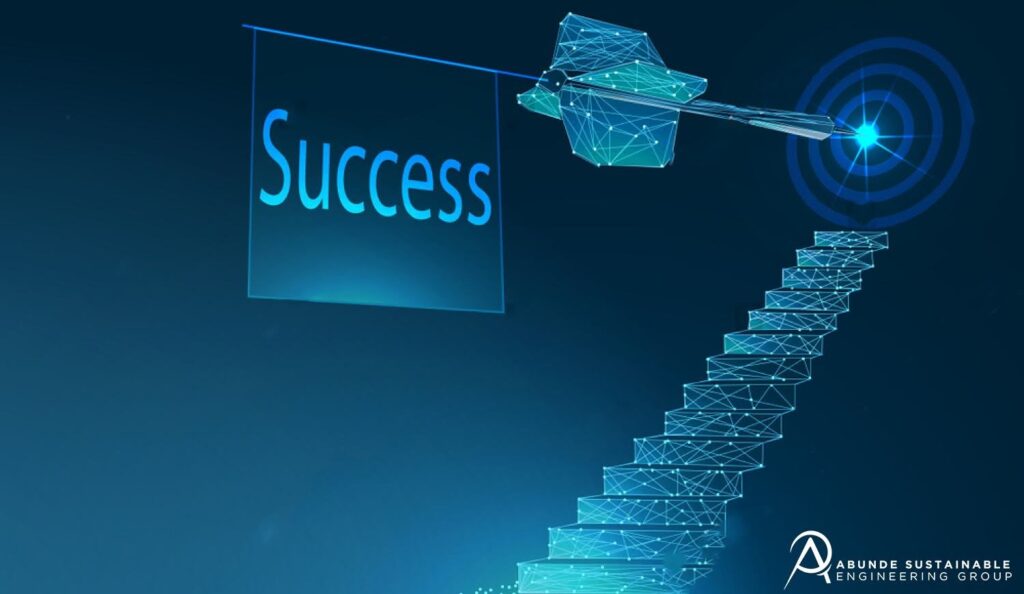

“Here’s what is going to happen when you use the Job Search Thesis:
- Zero competition: you access jobs that are not available via job postings or network referrals. Also, because no one is using the problem-based approach to search for jobs, you stand out in the job market.
- You’ll gain Industry Authority as a Growth PhD because recruiters see you as a partner in growth and not just a candidate looking for a job and salary to earn a living.
- You significantly increase the rate at which you get hired and the salary you command. Now your salary becomes largely irrelevant to recruiters because they want you for value.
- You get jobs that match your skill level. The dream of every Engineering PhD is to see how their unique technical skills is directly applied to help industries create wealth and contribute to economic development.
Proofs to show that the Job Search Thesis Really Works
The Job search thesis is part of my proprietary OptimScale Job Search Methodology exclusive for Engineering PhDs. Using this methodology, I now earn 4 times the pay of Engineering PhDs by working with different companies to help them scale.
First, within 3 months working with a water Tech Group, I brought in over $100k.
I went on to scale 2 other companies within 12 months: one in the developed world to over $1M in Annual Recurrent Revenue and one in developing world to over $250k all while being hilariously profitable.
Also, don’t just take me for my word. OptimScale is built on my proprietary modeling framework for system scale up that been vetted and recognized by some of the world’s greatest publishers and news agencies such as:


Also, others have made use of the same 4-step approach to earning millions of dollars by helping startups scale.
- Professor Steve Blank (USA) who scaled 8 startups to the billions of dollars,
- Russell Brunson (USA), worked with over 30,000 startups to help them scale to the millions.
- Sabri Suby (Australia) who generated over $1.33 billion scaling thousands of startups in over 215 different niches,
- Nick Kozmin (Canada) repeatedly scaled over 2000 tech startups to the millions,
And the list goes on……
If you need help on how to use your academic knowledge or research discovery to get a highly paid industry job, where you earn between $200k to $1M per year by using the New Process Modeling and the Scientific Scaling Method (OptimScale) to Help Companies Scale, even if you have No Industry Experience, then watch full training video here or book an Industry Strategy call here to talk with me or one of our growth specialists.
For Engineering PhDs:


Hi, I'm Fabrice Abunde, PhD
After 7 years of research, I discovered the OptimScale Methodology, that helps Engineering Masters/PhDs Earn between $200k to $1M per year using Process Modeling and the Scientific Scaling Method to Help Companies Scale, Even if you have no Industry Experience.
If you want a highly-paid industry job or consulting project where you apply your academic knowledge or research discovery to help industries grow, watch full training video on how to use OptimScale Method in doing so.
About the Author: Fabrice Abunde, PhD
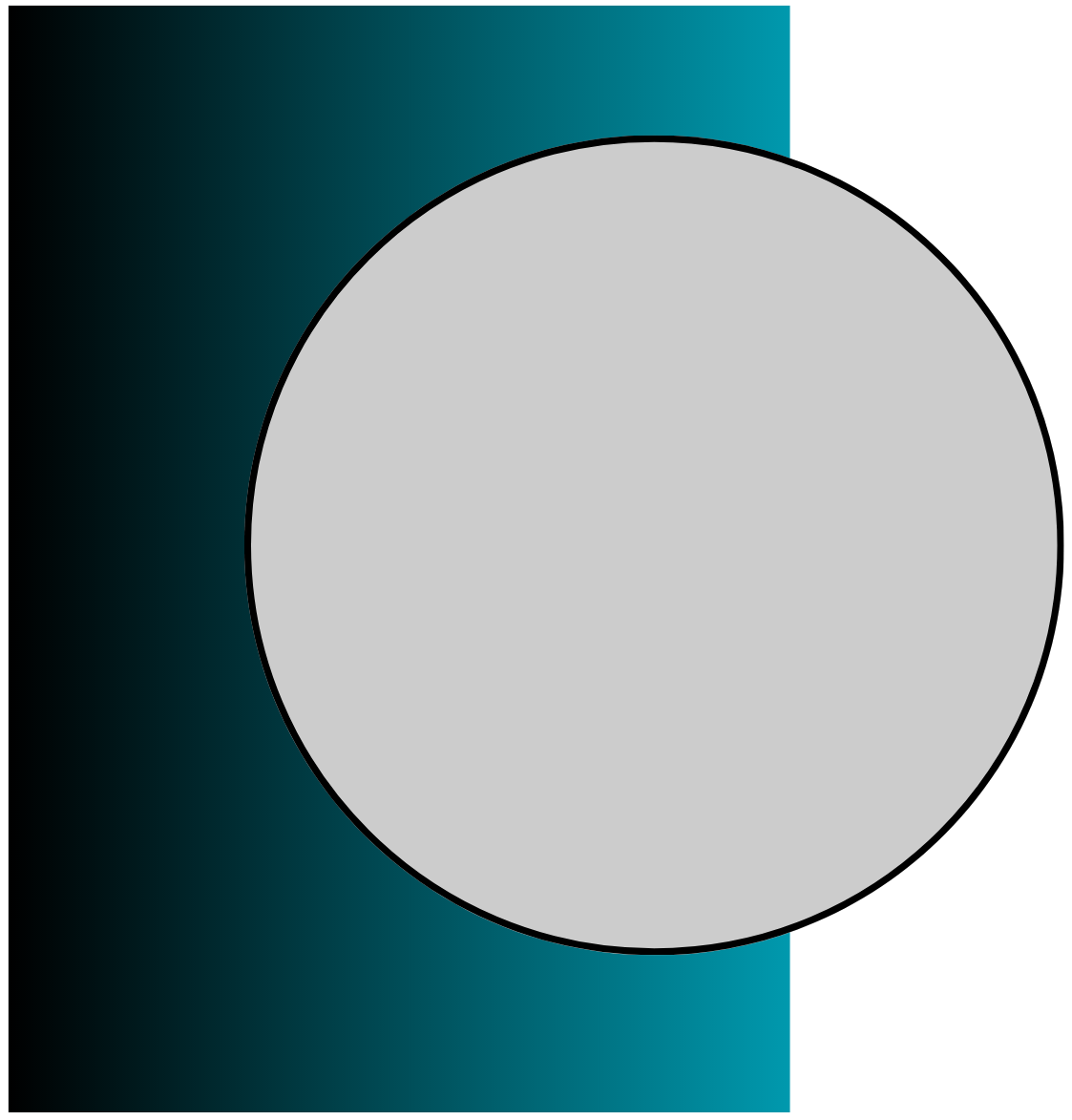

Fabrice Abunde


re are the most common results you'll get if you are trained and certified in the OptimScale Methodology. Here are the most common results you'll get if you are trained and certified in the OptimScale Methodology. Here are the most common r
re are the most common results you'll get if you are trained and certified in the OptimScale Methodology. Here are the most common results you'll get if you are trained and certified in the OptimScale Methodology. Here are the most common r
re are the most common results you'll get if you are trained and certified in the OptimScale Methodology. Here are the most common results you'll get if you are trained and certified in the OptimScale Methodology. Here are the most common r
re are the most common results you'll get if you are trained and certified in the OptimScale Methodology. Here are the most common results you'll get if you are trained and certified in the OptimScale Methodology. Here are the most common r
Similar Articles for you
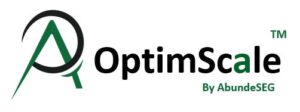




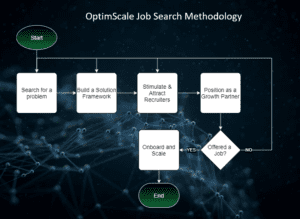

How I discovered the OptimScale Job Search Methodology that can help any Engineering PhD Transition to Industry and earn $200k to $1M per year
By Fabrice Abunde (PhD)
Consequently, Engineering PhDs end up underpaid in academia, unemployed or trapped in routine average pay industry jobs not because they aren’t good at what they do, but because they search, apply, and execute jobs, using the wrong approach and lack a Framework to translate their academic knowledge into measurable financial results for companies.
I realized that instead of starting a company or searching for a job to work for companies, Engineering PhDs can now use the OptimScale Methodology to pair with startups, apply modeling, simulation, and optimization Framework to scale the startups to Millions-Dollar companies and earn a percentage of revenue.





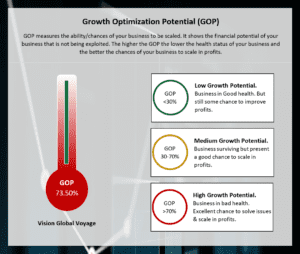

If you’re an Engineering PhD and do this, you’ll only get low paying jobs: Using the Growth Optimization Potential to Access High-Paying Industry Jobs.
By Fabrice Abunde (PhD)
Consequently, Engineering PhDs end up underpaid in academia, unemployed or trapped in routine average pay industry jobs not because they can’t find solutions to problems, but because they can’t identify practical business/industry problems, which when solved will help companies significantly scale in profits.
The big idea is this… Unlike low/average paying jobs where employers identify the problem, establish the solution (job description) and search for the right job candidate, high-paying jobs ($200k to $1M per year) require that the candidate search for the problem, find the solution and search for the employer who faces the problem. In this article I show how to use Growth Optimization Potential to identify practical business or industry problems.
Get the OptimScale white paper for Free.
Step-by-step guide on how to make $200k to 1M per year using the Process Modeling
and the Scientific Scaling Method to help Companies Grow.
Join other Engineering PhDs
Become a Respected and Highly-Paid Industry Consultant. Learn How to Apply the New Process Modeling and the Scientific Scaling Method to help Companies Grow
Copyright 2023 AbundeSEG. All rights reserved
